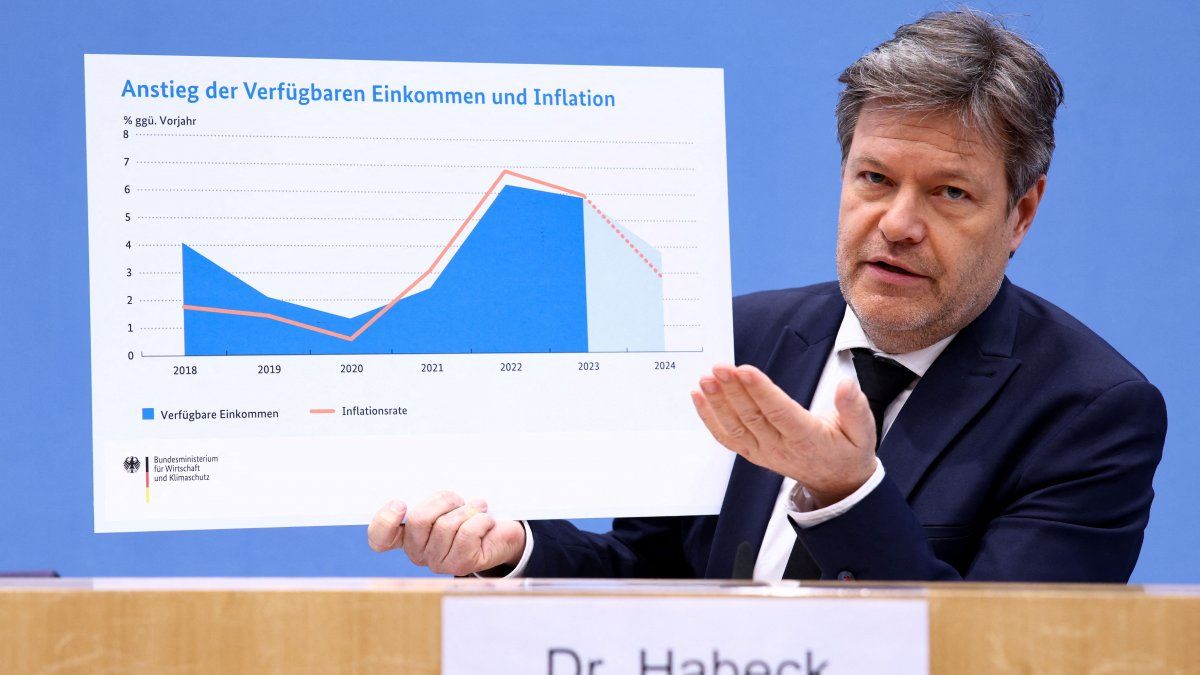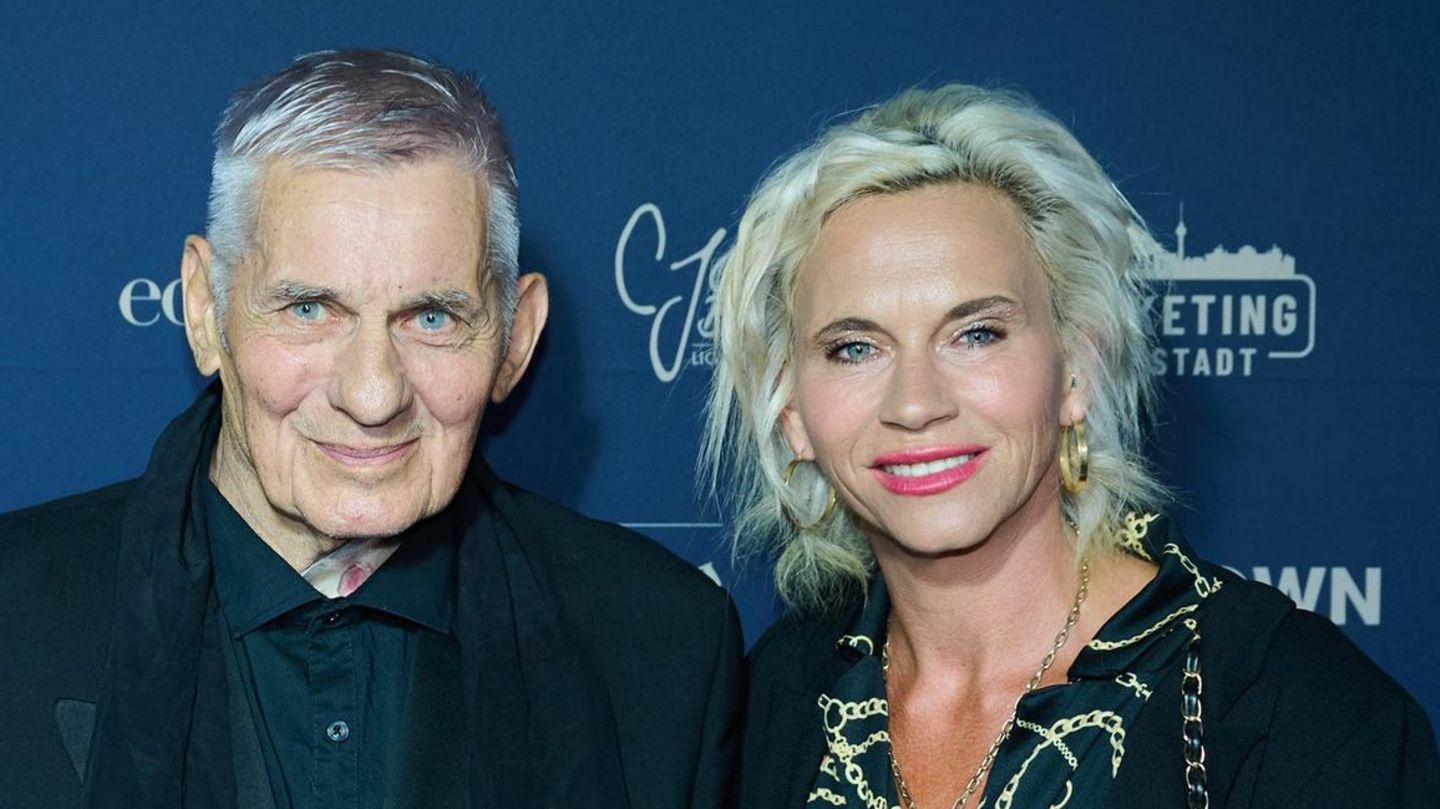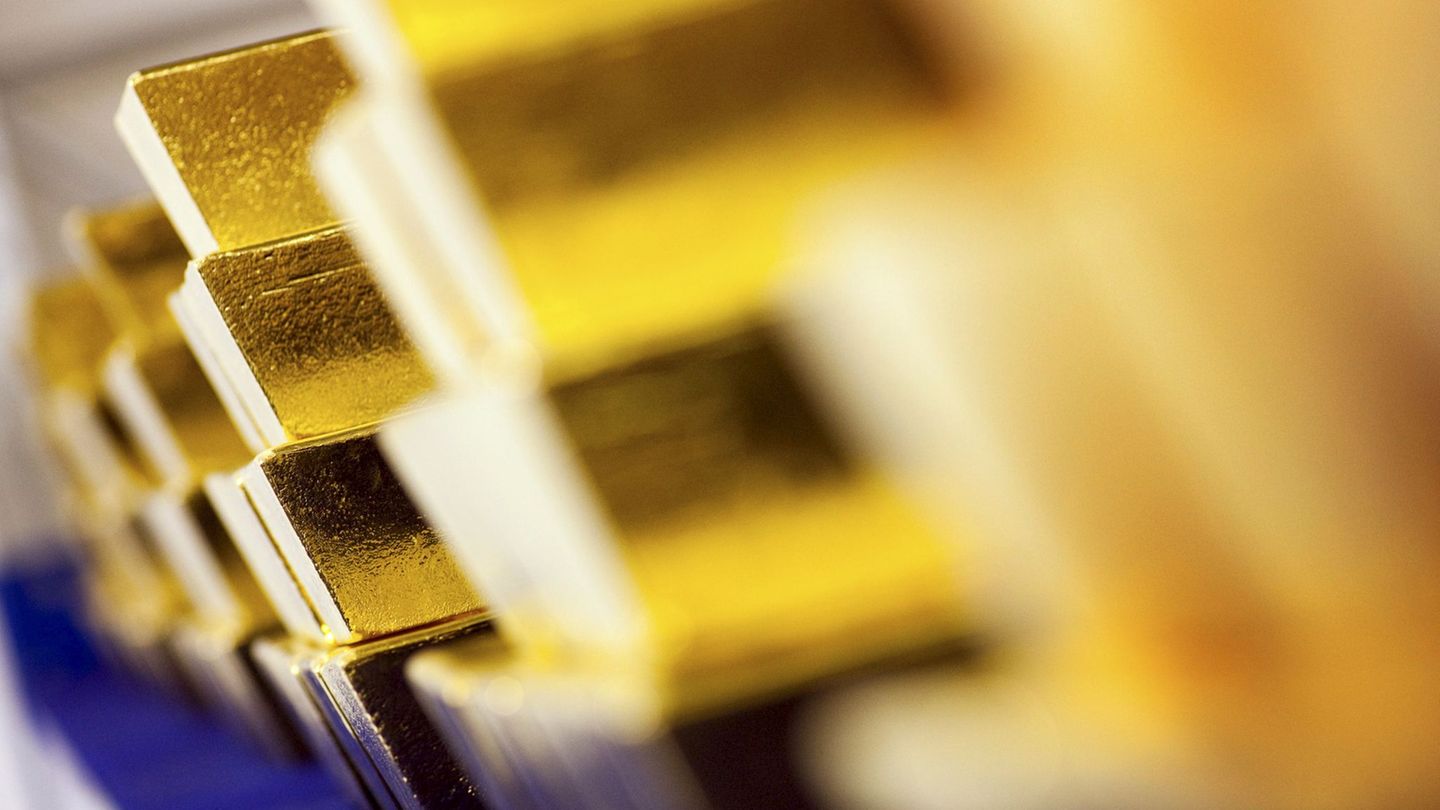Weak exports, high energy prices, a climate transition full of obstacles… The German economy cannot find a way out of its multifaceted crisisa “Perfect storm” which is likely to last and already threatens the ruling coalition.
In compliance with what was reported by the local press, The executive cut his economic growth forecast for this year to 0.2% of GDP, well below the 1.3% projected months ago.
“At the beginning of the year, the German economy remains in turbulent waters,” said government spokesman Steffen Hebestreit.
After a 0.3% contraction of gross domestic product last year, the economic situation has sparked intense debate within Chancellor Olaf Schol’s government coalition, which includes social democrats, environmentalists and liberals.
The crisis has been caused by a multitude of factors that accumulate and hit the German industrial sector.
This pillar of the economy represents around 20% of GDP, but has not recovered its pre-pandemic production levels.
“It is a perfect storm,” recently summarized the Minister of Economy, Robert Habeckbefore business leaders.
Since the start of the war in Ukraine, the industry has accused high energy costs, as a result of the end of the supply of Russian gas, and the high interest rates set by the European Central Bank to stop inflation, which slows down demand and investments.
International trade, weighed down by China’s slowdown, is also unable to compensate for weak domestic demand or maintain the high level of exports that are the strength of the German economy.
Added to this is a difficult climate transition for many sectors, which consider that they do not have as many subsidies as their competitors, especially the Americans.
Some 60 European industry groups published a call to European Union leaders on Monday to demand support measures.
Among the signatories are the German chemical giants BASF, Bayer and Covestro. Last year, this sector suffered a drop of 8% in its production and 12% in its income.
“Without a specific industrial policy, Europe risks becoming dependent on certain commodities. Europe cannot allow this,” the signatories declared.
The automobile industry, another pillar, faces the slowdown in the sale of electric vehicles after the end of public aid for their purchase.
The governing coalition parties are divided over how to respond to the situation.
A tax relief package for companies has been under negotiation for months. In the latest version, the sum initially proposed, 7 billion euros, was cut in half by opposition from the regions, which fear that their budgets would fall short with so much incentive.
“What is at stake is nothing less than the survival of the German ‘Mittelstand’,” 18 organizations representing small and medium-sized businesses, the backbone of the German economy, warned in an open letter.
The leader of the Liberals, Finance Minister Christian Lindner, is committed to cutting taxes and reducing “bureaucracy.” “If we do nothing, our country will collapse and Germany will be poorer,” he warned.
But the Minister of the Economy, the environmentalist Robert Habeck, believes that none of this is enough, and called for relaxing budgetary rules to invest in the sectors of the future.
The “Debt Brake”, enshrined in the Constitution, limits the annual public deficit to 0.35% of GDP. Removing this symbol of German budgetary rigor is a red line for liberals.
Such internal tensions endanger the future of the coalition, whose three parties are plummeting in the polls ahead of this year’s regional elections.
The Liberals’ general secretary, Bijan Djir-Sarai, has openly raised the possibility of his party leaving the coalition.
“Economic change is necessary (…) and the decisive point is knowing whether this coalition will be able to initiate that change in the coming weeks and months,” he told Bild newspaper on Sunday.
Source: Ambito




